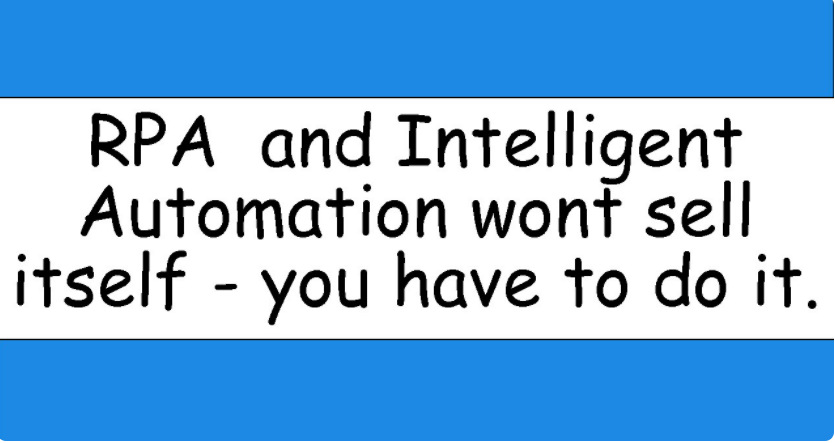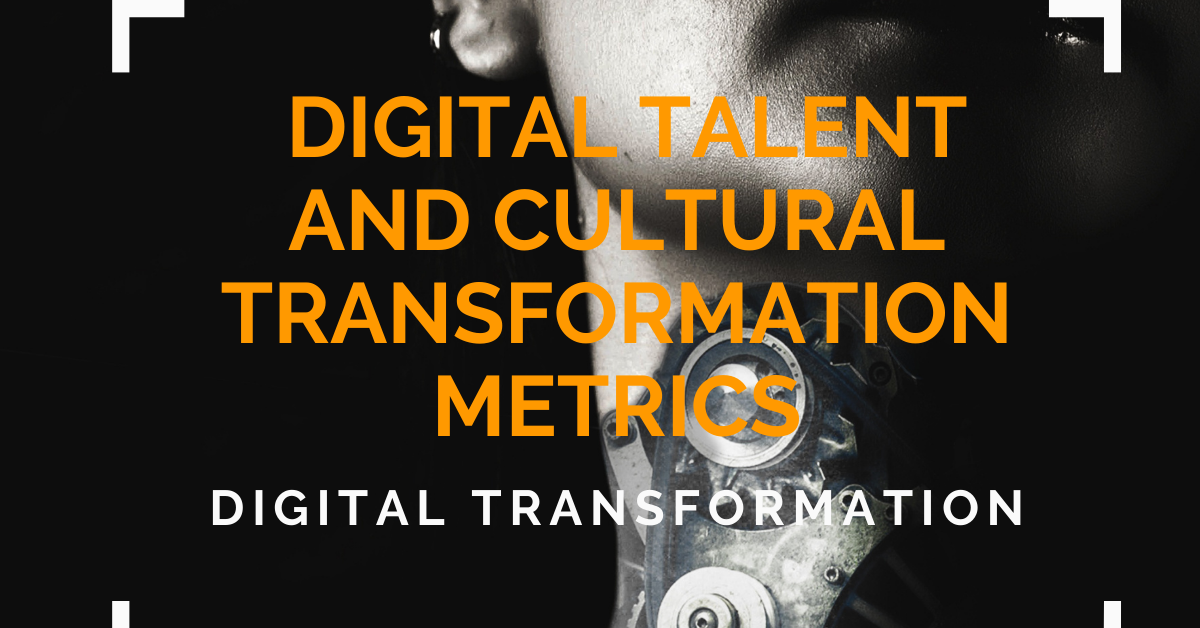Open Source RPA – The new face of innovation and the next evolutionary step in RPA | IA – Part 2 of 6
Introduction
The sign of a maturing market can often be judged by the amount of innovation happening within an industry or sector and Open Source RPA is no different.
In Part 1 we introduced Open Source RPA. We looked at the advantages and disadvantages of Open Source RPA. This second article introduces you to a variety of Open Source RPA platforms and vendors.
Open Source Robotic Process Automation Platform Providers
OpenRPA
Open RPA is built using a microservice architecture, is very similar to UiPath possessing a drag and drop user interface, much like the larger vendors. OpenFlow can be combined with OpenRPA to orchestrate automation.

Figure 1: Open RPA Development Interface
It’s creator Allan Zimmerman says that OpenRPA is suitable for
- Companies who want to migrate from other RPA vendors to an open source vendor
- Companies who want a flexible RPA solution with a strong orchestrator
- Companies who want RPA to reduce manual labour costs
Key features
- Strong orchestrator
- An Open Source solution which is on par with commercial offerings
- It is the only RPA platform which is built from ground up top be secure and flexible
- The only platform that supports a seamless transition from pure RPA to API based solution with an IAP (Integrated Automation Platform)
Video 1: OpenRPA Browser Automation – Tutorial with Anders Jensen
The entire architecture of the platform is built using a microservice architecture.

Figure 2: Open RPA Architecture
▪ Database: All data is stored and backed up here
▪ OpenFlow API: Handles all communication in and out of the database and encryption
▪ Message Queue: Connects the workflows and the API
▪ OpenFlow: Binds all processes together and provides overview
▪ OpenRPA : Build and design the number of robots needed
Platforms – Windows, Mac OS, Linux
Video 2: OpenRPA with Allan Zimmerman and Nandan Mullakra
Download OpenRPA: https://github.com/open-rpa/openrpa
PyWinAuto
Pywinauto, whilst not pureplay RPA offering, is a GUI automation library written in pure Python and well developed for Windows GUI automation. At its simplest, it allows you to send mouse and keyboard actions to windows dialogs and controls, but it has support for more complex actions like getting text data.

Figure 3: pywinauto application window
Platforms – Windows
Taskt taskt – free and open-source robotic process automation
Taskt (formerly sharpRPA) is a free and Open Source Robotic Process Automation (RPA) solution powered by the .NET Framework. Taskt gives users the ability to automate tasks without writing code.
Top 5 Features
- Among its features is a screen recorder that records a user’s computer-based actions and then translates those steps into a repeatable script (a.k.a. an RPA bot.)
- “Bot designer” with a menu of standard commands for no-code RPA development.
- Gamut of commands for fast operation
- Offers custom code, OCR, and image recognition
- It has a screen recorder which has multiple recording options e.g. Screen recorder and element recorder
Video 3: Automation in Action (Source: taskt – free and open-source robotic process automation)
Selenium
Selenium is not the classical RPA tool but some RPA vendors use Selenium as their engine for web automation. Whilst primarily used for automating web applications for testing purposes, but is certainly not limited to just that. Web-based administration tasks can also be automated as well.
The Selenium project is made possible by volunteer contributors. The source code freely available for anyone to use and improve.
At the core of Selenium is WebDriver, an interface to write instruction sets that can be run interchangeably in many browsers.

Figure 4: Selenium WebDriver interface.
Selenium resources to help you get up to speed.
Download – SeleniumHQ Browser Automation
Ui.Vision RPA
Ui.Vision RPA, formerly known as Kantu is a cross-platform Open Source Robotic Process Automation(RPA) tool for visual process automation, codeless UI test automation, web scraping and screen scraping.
The UI Vision RPA core is open-source with enterprise security. The free and open-source browser extension can be extended with local apps for desktop UI automation.

Figure 5: UI Vision RPA Application
UI.Vision RPA has a an extensive command line API. This allows the UI.Vision RPA software to integrate with any application (e. g. Jenkins, Cucumber, CI/CD tools,…) and any programming or scripting language (e. g. C#, Python, Powershell). The API includes detailed error reporting for reliable non-stop RPA operation.
Video 4: Visual UI testing with UI.Vision RPA
In other words, UI.Vision RPA can be remote controlled from any other scripting language via its command line API. And in the other direction, UI.Vision RPA itself can call other scripts and programs via its XRun command
- Website: https://ui.vision/rpa
- Video: https://youtu.be/wH0MLIUdD-Q
- Github repository: https://github.com/A9T9/RPA
- Forum: https://forum.ui.vision/
Platforms: Windows, Mac and Linux.
Conclusion
There is increasing potential for firms to leverage Open Source RPA. There are a great many Open Source RPA providers on the market giving firms a choice of platform.

About the authors: Tolani is a Senior RPA Developer with professional experience in delivering 30+ automated processes in financial services. She is an avid reader and follower of the RPA, Intelligent Automation (IA) and AI spaces. She produces contents on RPA, IA and AI to educate and enlighten people via multiple channels, including Quora and LinkedIn. Recently, she launched the LinkedIn #RPAJargonBuster, a curated news mini-feed on the RPA, IA and AI. Follow her on LinkedIn – https://www.linkedin.com/in/tolani-aka-rpa-jargon-buster-jaiye-tikolo/ Follow her on Twitter – https://twitter.com/JaiyeTikolo Follow her on Quora – https://www.quora.com/profile/Tolani-Jaiye-Tikolo

Digital Transformation expert. Kieran is recognised as an intelligent automation, data analytics and robotic process automation industry leader. He writes and talks extensively about better ways for businesses to use digital and intelligent automation technologies to drive business performance. Follow Kieran on LinkedIn at https://www.linkedin.com/in/kierangilmurray/, join him monthly on LinkedIn live https://www.linkedin.com/company/third-thursday or connect on Twitter https://twitter.com/KieranGilmurray.
If you enjoyed this article then you may enjoy these 10 articles too.
- Building an Automation Centre of Expertise | An Experts Guide – 5 part series
- https://nandan.info/top-5-open-source-rpa-tools/
- If your RPA program is not making money then it has failed.
- RPA – Proof of Concept (POC) or Proof of Value (POV)? Who cares, just get going!
- 40 Essential Selection Criteria to Choose an RPA Platform – 5 part series
- I meet 150+ developers and these are 20 signs of a truly gifted developer
- The A-Z of Robotic Process Automation, Intelligent Automation and Digital Transformation
- How to scale successfully – you have 60 seconds to reply
- Can organizations implement RPA without having a digital transformation strategy – what would you have said?
- FREE training sites for Robotic Process Automation, Intelligent Automation, Data Analytics, Artificial Intelligence & Digital Training Sites
- 22 way to cut the cost of an automation program – 4 part series
If this could benefit someone else tag them and share this.
Free to reuse: We are a community of RPA, analytics, digital and intelligent automation experts with years of real world experience. We have stories to tell and the scars to show for it. We share our collective wisdom for free to simply provide as much value as we can to you. Therefore, if you want to post this article on your LinkedIn page then please feel free to do so. The more information we share within the RPA community the more likely businesses are to succeed with this excellent technology.
Further Help: If I can help you in any way please do reach out.
Note: The views expressed above are our views and not those of my employer or the employers of the contributing expert






Leave a Reply